Third Place in the World Championship in Running: "Out of Deep Frustration, I Entered the Central Synagogue in Moscow"
Yitzhak Pintosevich: From World-Class Runner to Respected Coach
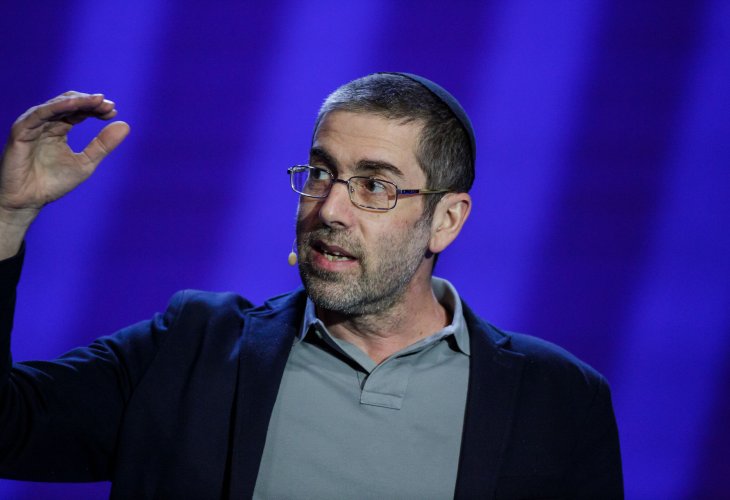 Yitzhak Pintosevich
Yitzhak Pintosevich"The first time I entered a synagogue was at age 17," recounts Yitzhak Pintosevich, then pausing for a moment to take a deep breath. It's evident that the memories of that visit weren't particularly pleasant.
"At the time, I lived in Kharkov, Russia, in a completely secular family, with no connection to religion. At 17, I sought some spirituality in life and attempted to enter a church. However, I was scolded by elderly women there: 'Why are you wearing a hat? Take it off.' Apparently, in their practice, hats are removed during prayer. I didn't remove my hat, and I left. I felt it was a sign to go to a synagogue, and that is how my feet first led me to a synagogue in Kyiv. There, I discovered elderly men who scolded me: 'Why are you not wearing a hat? Don't you know that Jews wear a hat?' Even from the synagogue, I left disappointed. I struggled with the pressure they tried to impose on me, and today I know that one of the rules in bringing someone closer to Judaism is not to create pressure. In my case, it indeed had a negative effect, and from that day, I did not enter a synagogue again".
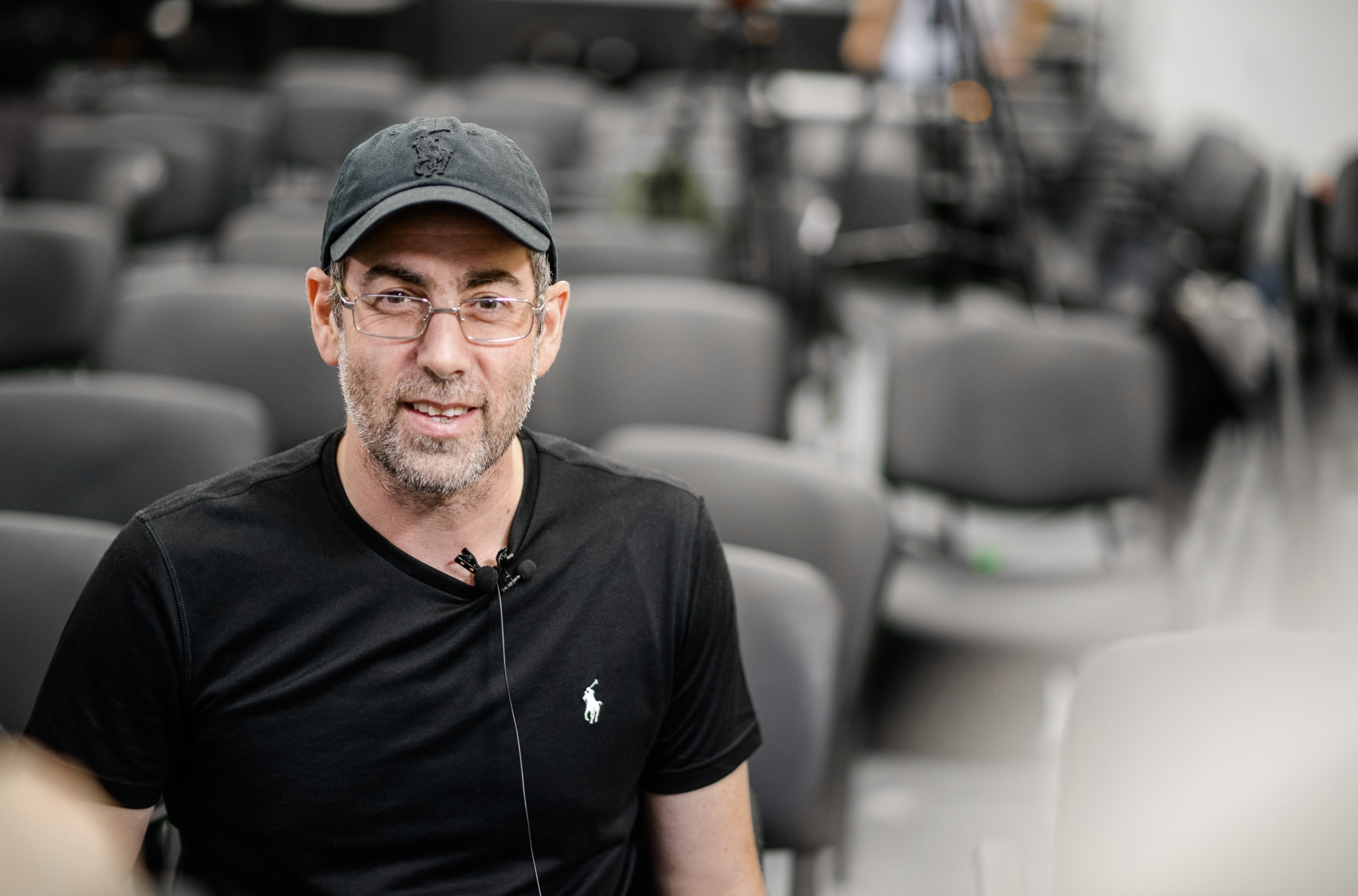
Feeling at Home
Pintosevich was then an outstanding athlete in the Soviet Union team, placing third in the world championship in running. "I aspired to continue developing and becoming a world champion in running," he says.
Hearing this, it's hard to imagine him as a sports champion. Today, about 30 years later, he dresses like a devout Jew, lives in Israel, and is heavily involved in outreach and personal coaching. However, those familiar with his activities abroad know what is seen in Israel is just the tip of the iceberg. Pintosevich is considered a highly respected coach among Russian speakers, and in recent years has been exposed to millions. Over 50% of his time is spent abroad, in Russia or Ukraine. He gives lectures, sometimes to tens of thousands of people, advises leading companies as well as private entities. Additionally, he has written 14 books on various topics considered bestsellers, including the book 'How to Be a Leader,' which sold nearly a million copies.
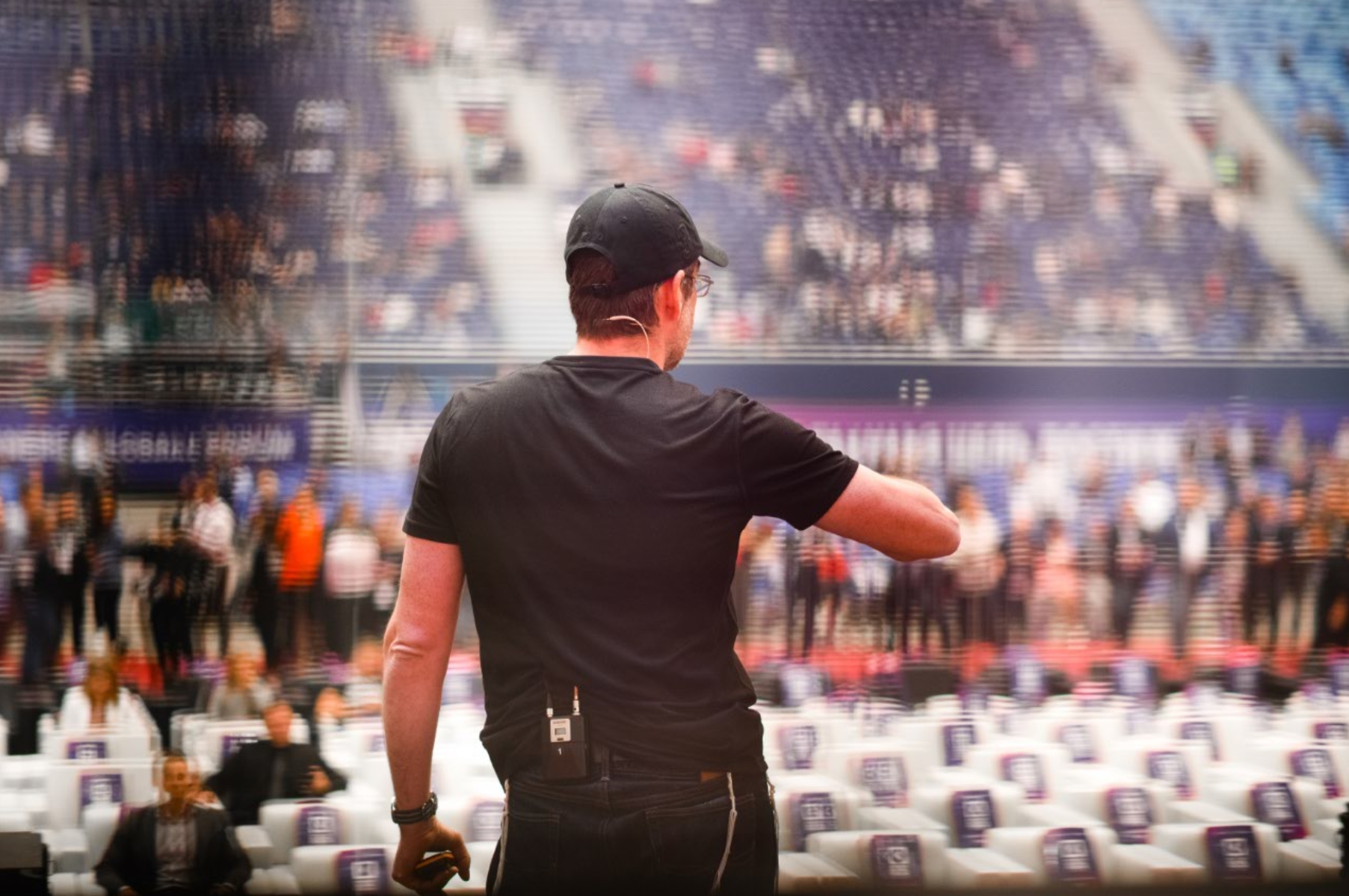
Nevertheless, his path began as an athlete. "Back then, it was the only thing that interested me," he notes. Shortly thereafter, at age 19, he was invited to Israel alongside other athletes from across Russia. "In Israel, we were met by a Russian-speaking guide who was secular but lived in Bnei Brak and took us on several tours in the area. Among other things, he showed us the synagogues in the city and warned, 'I don't recommend entering,' but it actually piqued my curiosity. I remember as if it were today how I entered the synagogue and saw several people sitting on benches and studying Torah. I didn't understand what they were doing but felt they were great righteous people. I didn't have a kippah, so I put a piece of cloth on my head, and one of the worshippers approached and blessed me. He then asked where I was from and wished me to return in repentance. That was the first time I felt a real connection to what was happening in the synagogue. I felt I was a part of it, that what was happening there was connected to me".
He returned to Russia, planning to continue training, but his sports dreams and championship aspirations were cut short due to a torn muscle, leading to his withdrawal from the race.
"I Asked Hashem for $200,000"
After his life changed suddenly, Pintosevich tried to determine where to direct his efforts and decided to enter the business world, hoping to earn a lot of money. However, success did not favor him. "I simply didn't know how to manage with people," he reflects. "As an athlete, you develop this theory that you must win, no matter the cost. You must be first, even if it means stepping on others. That's your ideology. In real life, this behavior meant I was constantly fighting and failing in the collaborations I tried to promote".
After four years of attempts (and mostly failures), Pintosevich found himself without money and without a job. "It was a very difficult time in my life," he says. "At that time, I was in Moscow, and out of deep frustration, I entered the central synagogue. I wanted to pray to Hashem and ask why I was unable to earn money, why I wasn't blessed".
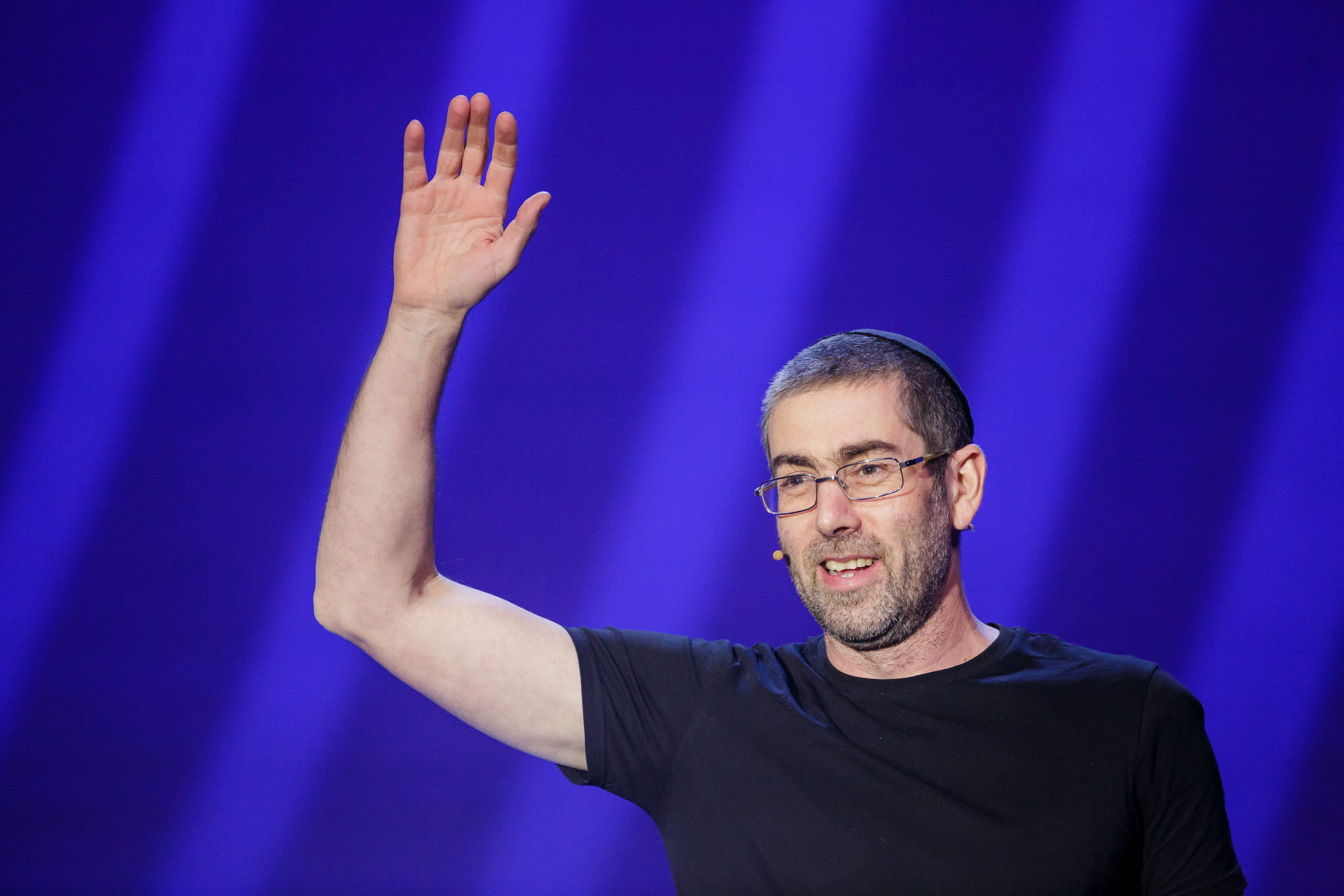
This time he already knew how to behave in a synagogue, and the reception was not stressful. In the Moscow synagogue, he met the right people who explained that if he was seeking a true path to get closer to Judaism, it would be beneficial for him to study at the 'Torat Chaim' yeshiva, and even to join the yeshiva's synagogue and youth programs. Pintosevich also became acquainted with the person in charge of the students at the yeshiva—Rabbi Alexander Eisenstadt, who guided him in his first steps. Later, when they saw he was connecting and progressing, the yeshiva rabbis offered him to continue studying there in exchange for a stipend. "I continued," says Pintosevich, "The Torah intrigued me, and I also wanted to learn more about fulfilling the commandments. So day after day passed, as I became a real yeshiva student".
"The more I prayed, the more I felt my faith in Hashem grew," he adds, "but there was one thing I refused to do—a brit milah. To the rabbis who urged me, I explained that I would undergo a brit only after Hashem ensured my livelihood and gave me money".
Then, with simple faith and understanding of the immense value of prayer, he began to ask it directly from Hashem. "As a former athlete, I always had very specific goals," he explains, "so when I started praying, I chose a very important goal, which I asked from Hashem repeatedly: 'I want $200,000.' That was the amount I aspired to".
At the same time, he also began observing Shabbat and kashrut. "About a month after I started praying for money, I suddenly began earning through business. It was very surprising because until then I had been experiencing significant losses. The success was so great that I was earning about $1,000 a day. I would invest that money and see miracles and wonders, as if magical wealth was coming down from heaven".

Yet, ironically, when his businesses succeeded, his closeness to the Creator slightly weakened. "I didn't have time to continue studying at the yeshiva, so I stopped visiting and also stopped keeping Shabbat. I was so busy with money, and as a young man, I simply forgot about everything, especially the promise to have a brit milah".
A year later, he was already deeply embedded in the business world and forged partnerships with prominent organizations. Then, at the peak of his success, everything was destroyed in a moment. It happened due to the ruble crisis that erupted in Russia, which led to a collapse in stock prices. Since Pintosevich bought goods in dollars and received payments in rubles, he was left with inventories but no means to receive anything in exchange, resulting in substantial debts.
The loss was bitter. "That very day, I ran to the synagogue and told Hashem: 'I understand that you are leading the world, and if you'll only forgive me, I vow to serve you truly, as one should'.
"And indeed, Hashem saved me," he says, "in an indirect and merciful way, He rescued me from the enormous debts and the difficult situation I was in. This time, I could no longer ignore the sign; I underwent a brit milah, made aliyah, and began studying at the Ohr Somayach yeshiva".
"Not Ashamed of My Judaism"
A few years after arriving in Israel, Pintosevich began working in the field of outreach, especially among former Soviet Union emigrants. Over time, as he saw he needed additional income, he transitioned to work as a coach, but promised himself that as soon as he earned enough, he would return to outreach. "In the last two years, I have been able to fulfill that promise," he says with satisfaction, "I am responsible for tens of thousands of Torah classes in Russian, broadcast on YouTube and Facebook, receiving about 250,000 views daily, and if you ask me, this is my greatest success".
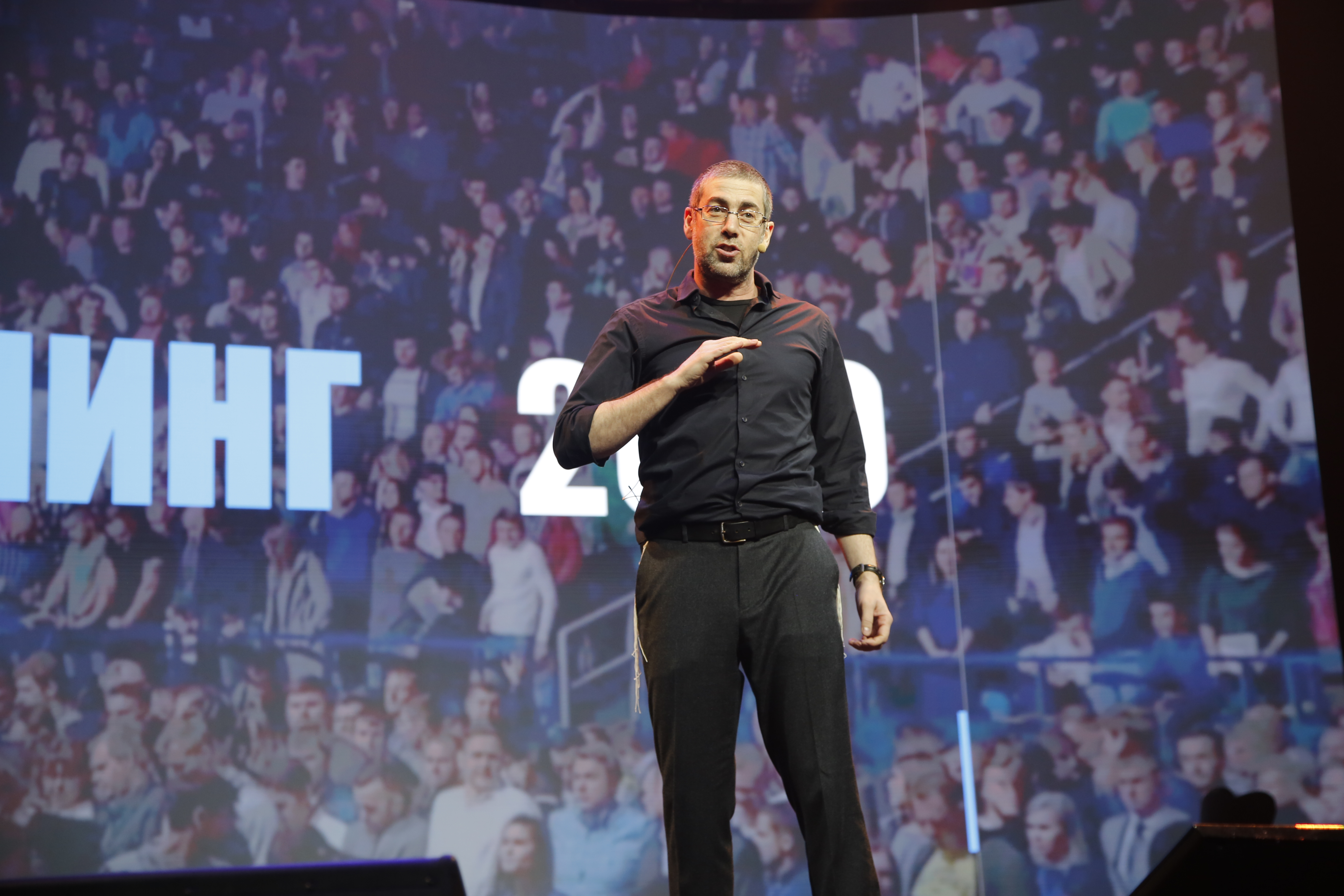
Today, he resides in Israel but often flies to Russia and Ukraine, essentially dividing his time between the two countries. "When I fly abroad, I spend half my time in Kyiv and half in Moscow, I have a lot of clients, and I organize large workshops, sometimes with tens of thousands of participants," he shares.
What made you become a coach specifically? And how has the success been so great?
Pintosevich explains that he stumbled into the field almost accidentally. "During the time I studied at Ohr Somayach, I was already married with children, without free time, and on the other hand, Torah learning wasn't easy for me since I took it up at an older age. This led me to try to develop methods for mental and memory development. Initially, they were intended for Talmud studies, but later they benefited me as I became a coach and lecturer".
Later, he studied at the 'Shvut Ami' yeshiva, where he was sent to learn the art of public speaking, and subsequently, he added various workshops on time planning and goal-setting.
There are a lot of coaches today, some are really professional individuals. What made you succeed more than others?
"When I became a coach, there were many in the market, and competition was fierce. I understood that my first goal was to be among the best in the field. For a year, I studied the subject and realized that as it is written in Proverbs, 'Do you see a man skilled in his work? He will serve before kings.' I tried to think about how to build my reputation and reach the highest levels. Observing around me, I saw that all successful individuals in various fields first studied the profession and even wrote books about it. And most importantly, I learned that if I want something, I need to pray for it, and Hashem always helps. That's how I went on to learn the profession in various places, also wrote 14 books and over 500 professional articles in seven years, continued coaching groups and individuals, and the more experience I gained, the more I became known."
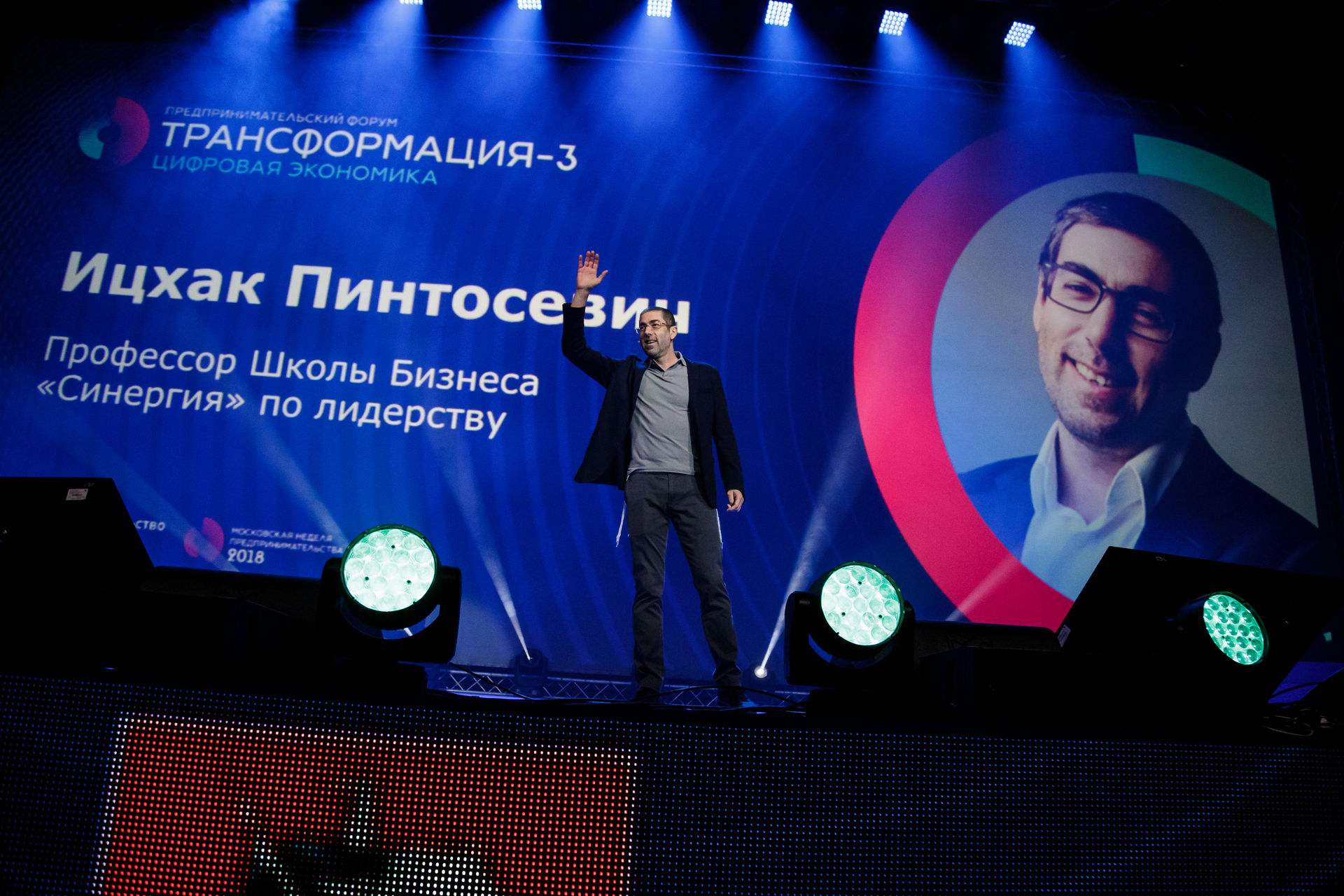
Do you use Jewish concepts during training?
"Certainly, even though many of the people I train are not Jewish, not once or twice have I quoted verses from Proverbs, Kohelet, or Pirkei Avot. I'm never ashamed of my origin, quite the opposite, I use Torah knowledge to enrich the professional information."
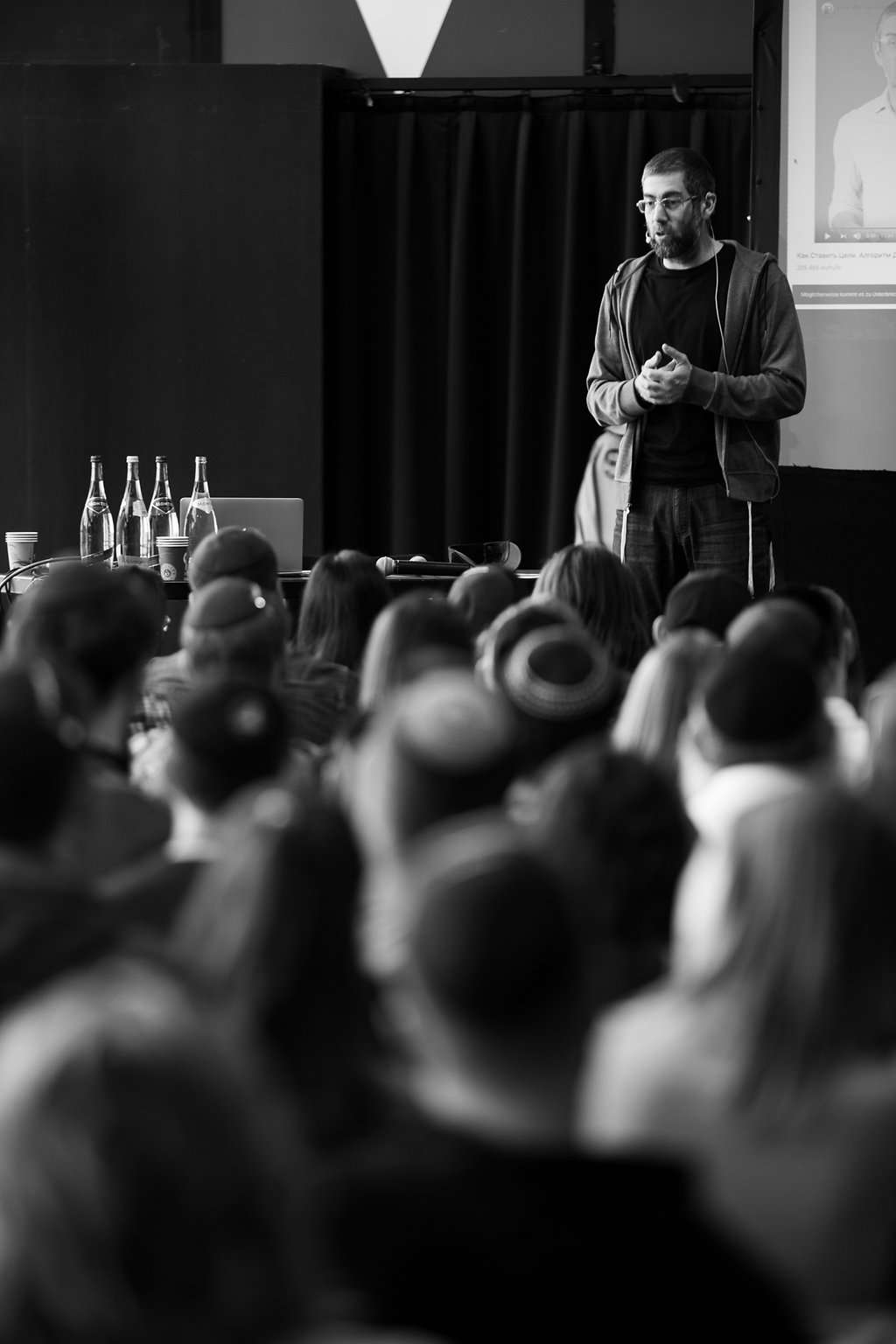
How do people react when they find out the esteemed coach is Jewish?
"In Israel, everyone knows I'm Jewish, but when I go abroad, I see looks of surprise repeatedly. People absolutely can't understand why I don't shake hands with women or why I can't speak on Shabbat, etc. Every time when I write something on the board and put 'B.S.D.' at the top, they look in astonishment and ask me what it means. I explain that 'B.S.D.' is a request from Hashem for help, and at that moment everyone writes after me on their sheets in Russian: 'B.S.D.'/p>
Another question they ask over and over is: 'What are the white strings coming out of your pants?'—of course referring to tzitzit. I briefly explain that if a person has no goal and wanders the world confused, his eyes naturally tend towards desires. The tzitzit are meant to constantly remind us of the commandment 'and do not turn'—our purpose in the world, and I also explain to them that all the goodness in the world is found in the Torah".

Finally, as a respected coach, what advice or recommendation can you give us?
Pintosevich doesn't even need to think. "Most of us are usually chasing and jumping from topic to topic, from goal to goal. We are scattered and not focused enough. My advice is—find what is truly important to you in life, and try to focus on it and invest in it. Here, it's important for me to point out that everything a person gets in life is a result of his actions, even what others do because of him is a reaction to what he did. This means that all our lives are a result of our choices, and we choose all day, nonstop. Therefore, if you decide for instance that you want to advance professionally, take into consideration all the knowledge from people who have already succeeded in that field and try to learn from them. None of us invented the wheel, there are so many successful people in various fields, and you need to analyze their actions and see what served them to advance. Usually, we see they have very strong self-belief and confidence in their knowledge. Learning is also part of the process; you need to check what that successful person learned to get to where he is.
"I can share about myself," he adds, "I've been married for 21 years and have written books on almost every topic, except for family and child education. Recently, I felt I wanted to progress in bringing about peace at home, so I began regularly studying Rabbi Shalom Arush's books on the subject. This is the work path, and I highly recommend it".


